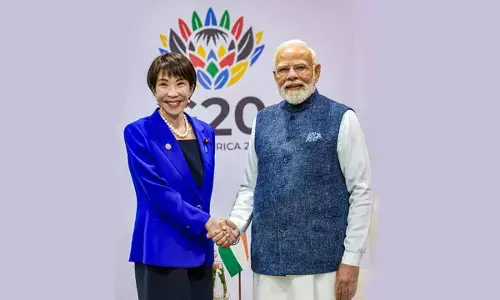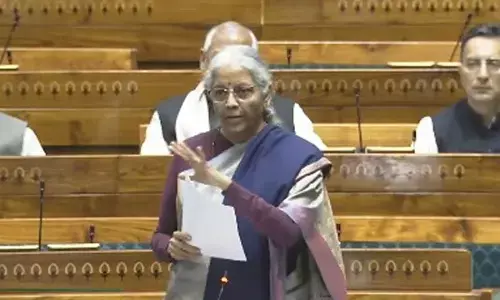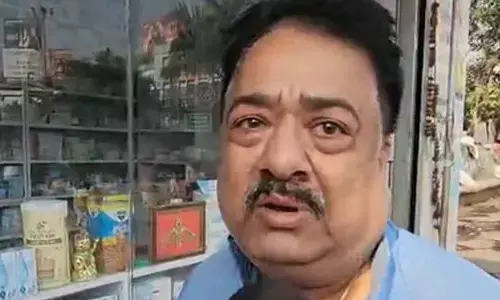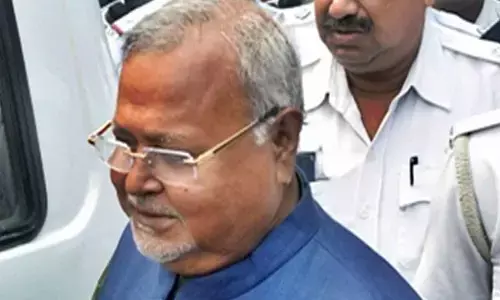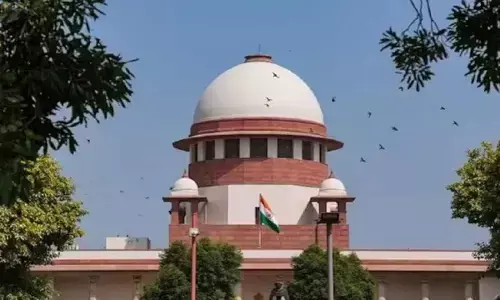Victims of Mumbai, Pathankot terror attacks are yet to get justice due to Pakistan's unwillingness: India
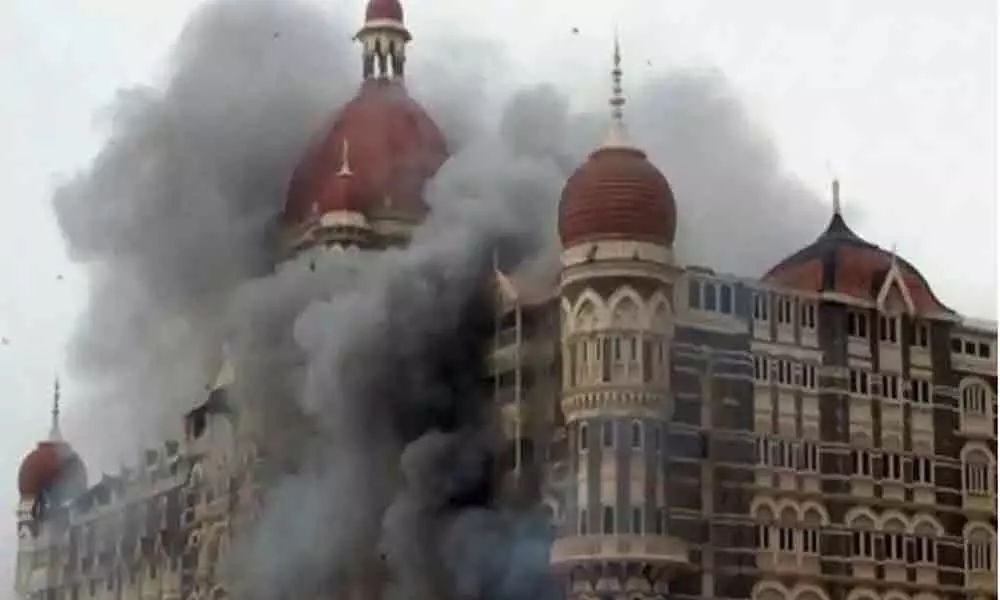
2008 Mumbai terror attack
India has said that the victims of the 2008 Mumbai terror attacks and the 2016 Pathankot strike are yet to get justice because of the "unwillingness" and "non-cooperative" attitude of a particular country, in a clear reference to Pakistan.
NEW DELHI: India has said that the victims of the 2008 Mumbai terror attacks and the 2016 Pathankot strike are yet to get justice because of the "unwillingness" and "non-cooperative" attitude of a particular country, in a clear reference to Pakistan.
At a virtual ministerial meeting of the 'Group of Friends of Victims of terrorism', India has strongly pitched for concerted global actions to effectively deal with terrorism and said it continues to pose a critical threat to international peace and security even in the midst of the coronavirus pandemic.
Representing India at the meeting on Monday, Secretary (East) in the Ministry of External Affairs Vijay Thakur Singh also called for "redressing deficiencies" in the international efforts to ensure that perpetrators of terrorism are brought to justice.
"I would like to highlight that, for example, the victims of 2008 Mumbai terror attack and 2016 Pathankot terror attack are yet to get justice. This is due to the unwillingness and non-cooperative attitude of a particular country," Singh said.
The meeting was organised by foreign ministers of Afghanistan and Spain, the two co-chairs of the grouping, and the UN office of Counter Terrorism (UNOCT).
In her address, Singh said acts of terrorism not only violate the rights of individual victims but they also deeply affect the enjoyment of a range of rights by the families of the victims and society as a whole.
"Even, amidst the ongoing pandemic, terrorism continues to pose a critical threat to international peace and security," Singh said in an oblique reference to Pakistan.
Notwithstanding the coronavirus pandemic, Pakistan has not stopped pushing terrorists to Jammu and Kashmir in the last few months, according to military officials.
Singh also talked about the danger of terrorists stepping up the use of information and communication technology networks for propaganda and for issuing threats, further exacerbating the stress on victims of terror.
She highlighted the pain and suffering of the innocent victims of terrorism across the world and said while terrorists can never succeed in achieving their "nefarious objectives", they leave behind a trail of death and destruction.
"Measures aimed at addressing the needs of the victims of terrorism, therefore, should factor in the sensitivities of these vulnerable sections of the society. Efforts should also be made to work with the victims to build a counter narrative against the hateful propaganda of terrorism," she said.
The Secretary (East) appreciated the UN for establishing August 21 as the 'International Day of Remembrance of and Tribute to the Victims of Terrorism', and hoped the UN would continue its work related to addressing the needs of victims of terrorism.








